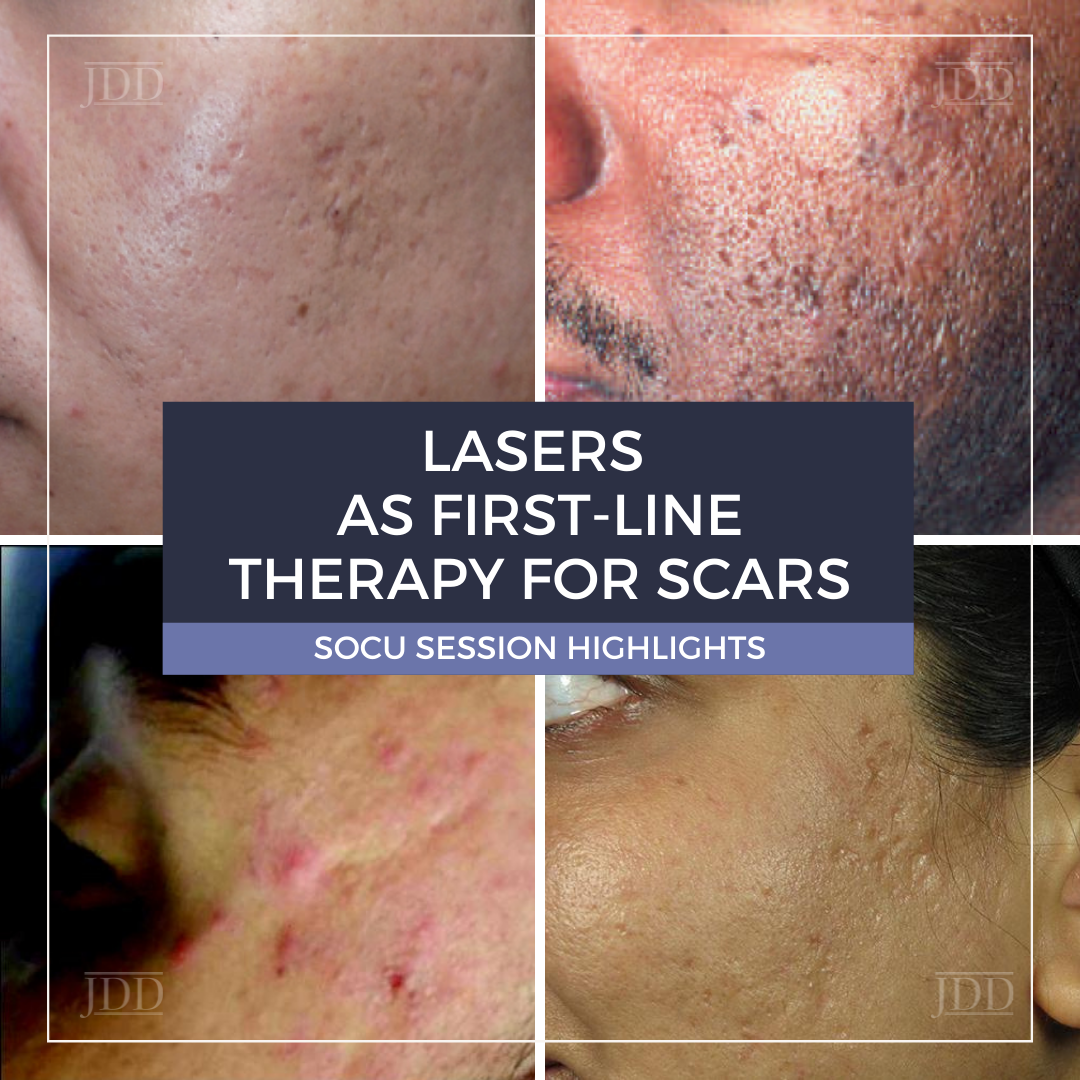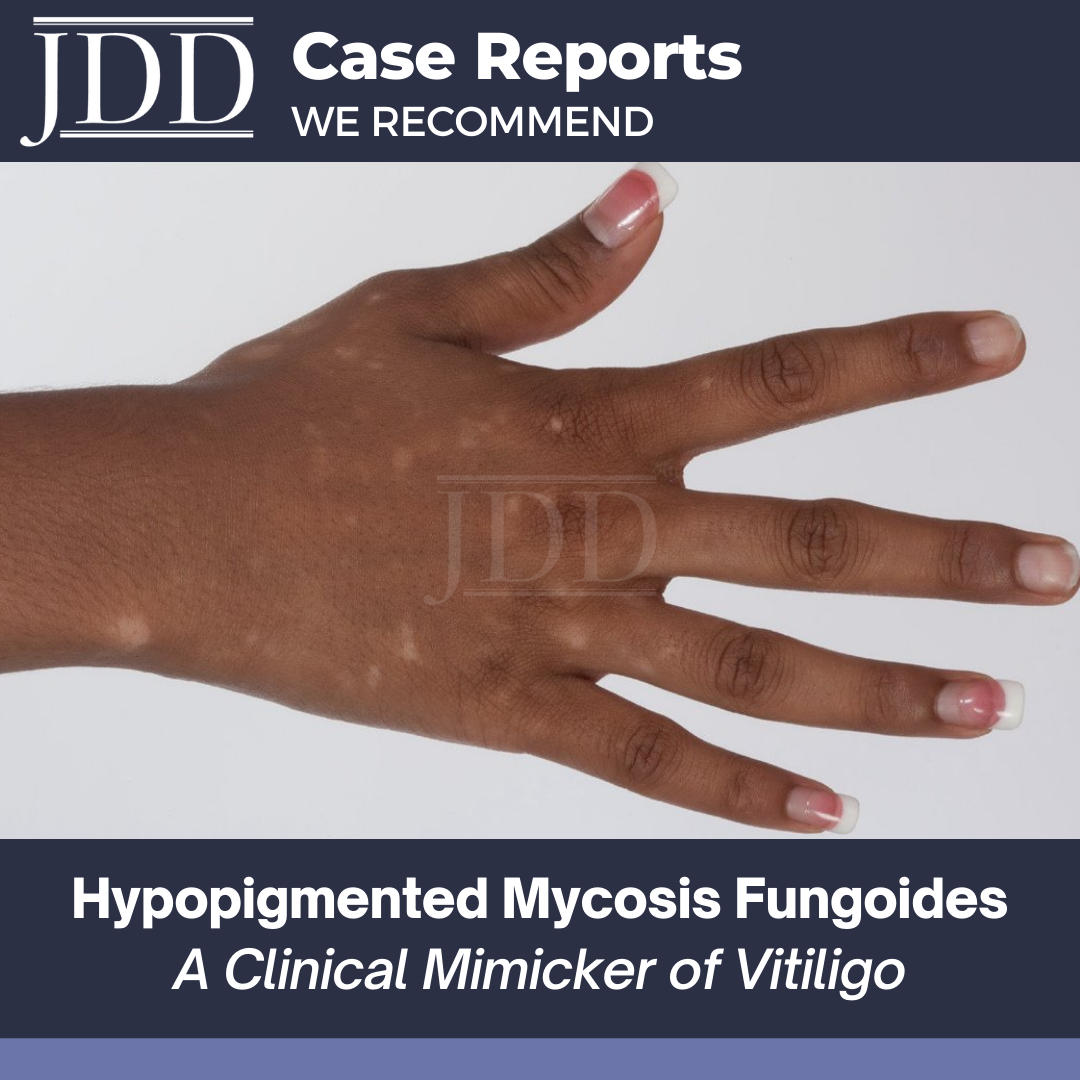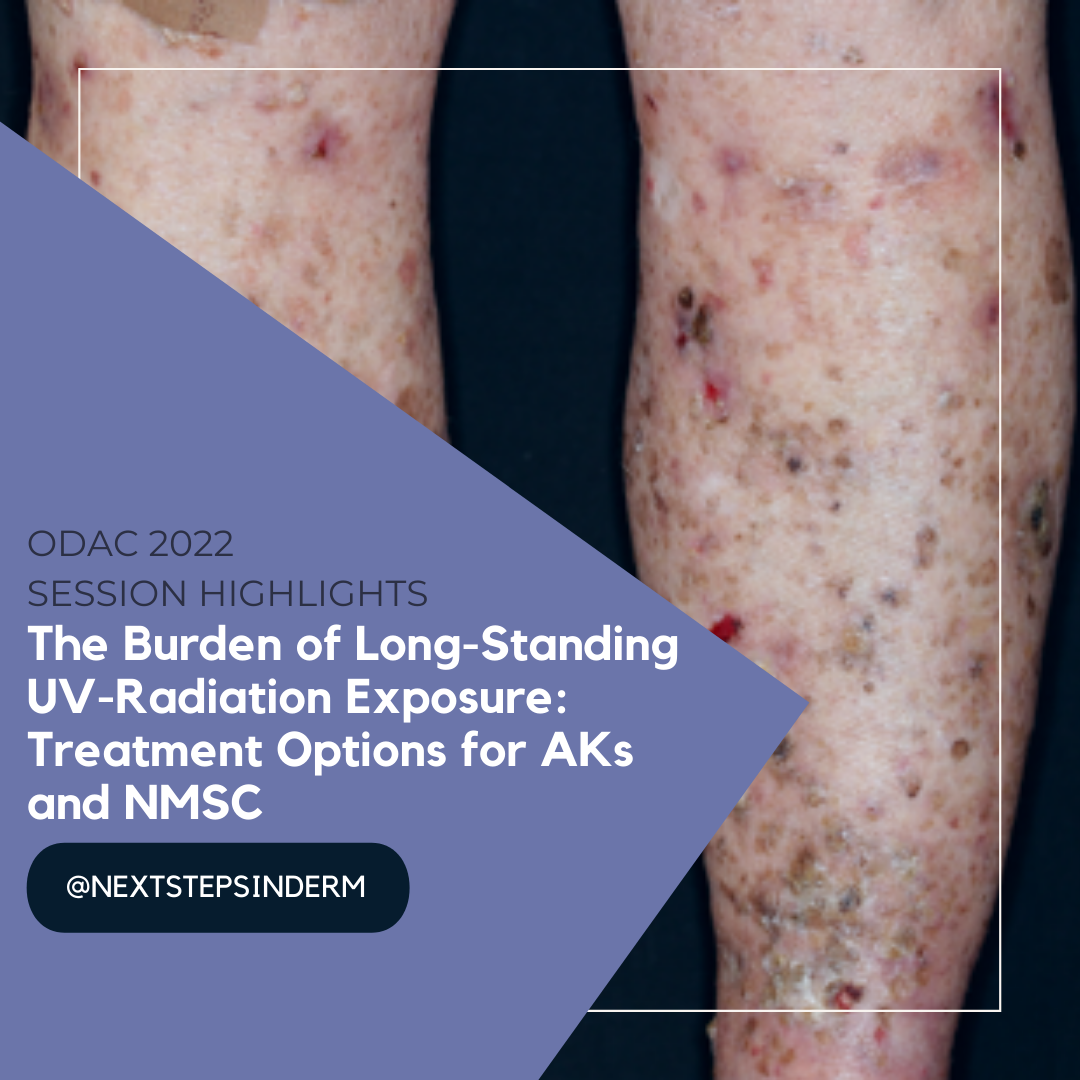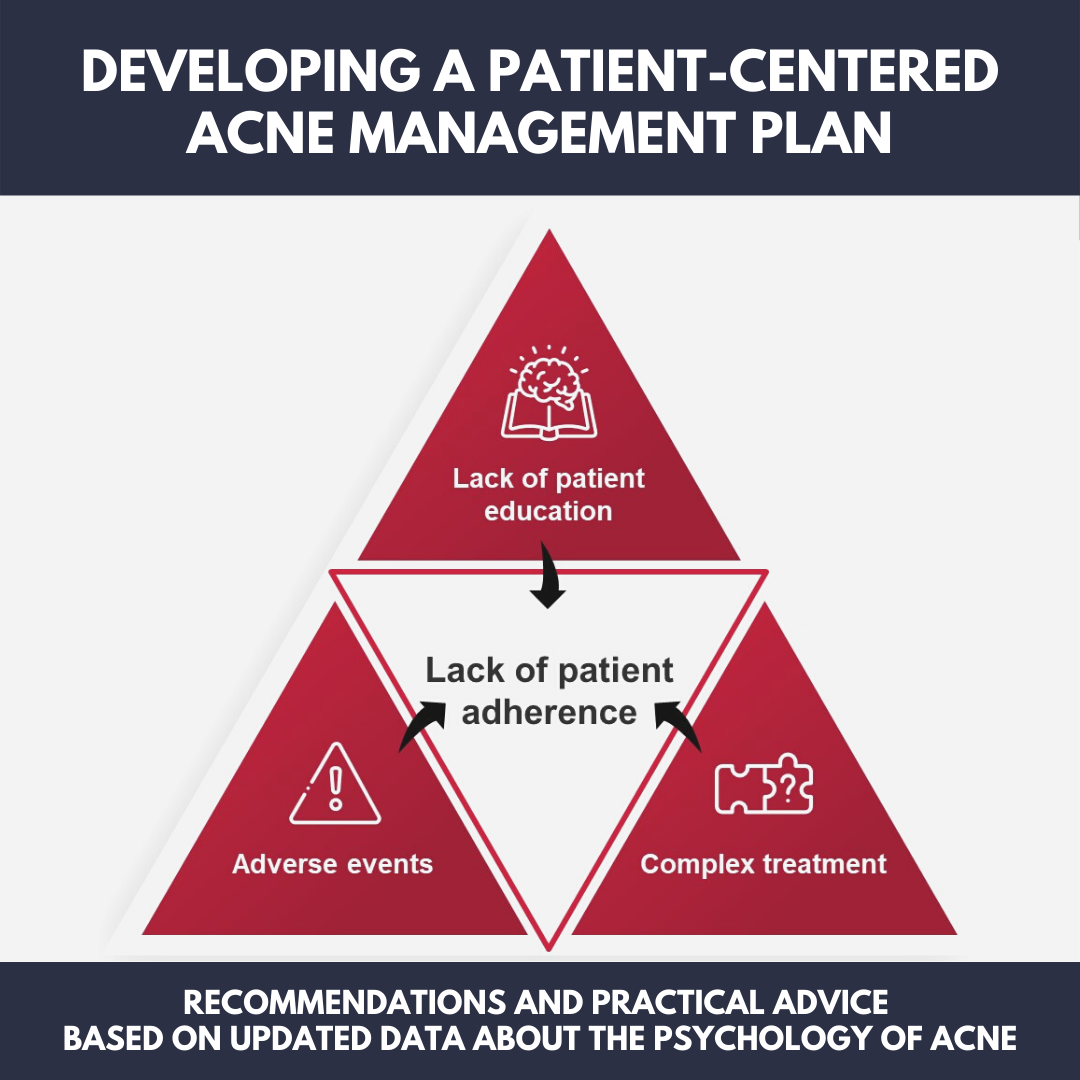Lasers as First-Line Therapy for Scars
 Some of the most rewarding patients to help in dermatology are those who struggle with keloids and scars. The field remains an area of active research, and we are continually learning about the pathogenesis and optimal treatment modalities of scars. On Day 1 of the 2021 Skin of Color Update virtual conference, we were fortunate to hear from Dr. Jill Waibel MD, a world-recognized leader and innovat …
Some of the most rewarding patients to help in dermatology are those who struggle with keloids and scars. The field remains an area of active research, and we are continually learning about the pathogenesis and optimal treatment modalities of scars. On Day 1 of the 2021 Skin of Color Update virtual conference, we were fortunate to hear from Dr. Jill Waibel MD, a world-recognized leader and innovat …
 Some of the most rewarding patients to help in dermatology are those who struggle with keloids and scars. The field remains an area of active research, and we are continually learning about the pathogenesis and optimal treatment modalities of scars. On Day 1 of the 2021 Skin of Color Update virtual conference, we were fortunate to hear from Dr. Jill Waibel MD, a world-recognized leader and innovat …
Some of the most rewarding patients to help in dermatology are those who struggle with keloids and scars. The field remains an area of active research, and we are continually learning about the pathogenesis and optimal treatment modalities of scars. On Day 1 of the 2021 Skin of Color Update virtual conference, we were fortunate to hear from Dr. Jill Waibel MD, a world-recognized leader and innovat … 

 Next Steps in Derm, in partnership with ODAC Dermatology, Aesthetic and Surgical Conference, interviewed Dr. Vishal A. Patel, (fellowship trained Mohs micrographic surgeon who serves as Director of Cutaneous Oncology at the GW Cancer Center and Director of Dermatologic Surgery at the GW Department of Dermatology) about how Artificial Intelligence (AI) can help clinicians. Watch as he discusses A …
Next Steps in Derm, in partnership with ODAC Dermatology, Aesthetic and Surgical Conference, interviewed Dr. Vishal A. Patel, (fellowship trained Mohs micrographic surgeon who serves as Director of Cutaneous Oncology at the GW Cancer Center and Director of Dermatologic Surgery at the GW Department of Dermatology) about how Artificial Intelligence (AI) can help clinicians. Watch as he discusses A …  Hypopigmented mycosis fungoides (HMF) is a rare variant of cutaneous T-cell lymphoma (CTCL) that often manifests in younger patients with darker skin types in a centripetal distribution.¹ Average age of diagnosis is often 14 years.² The diagnosis is often missed due to its low incidence and lack of clinical suspicion. Misdiagnosis and failure to obtain biopsies lead to a long latency period fr …
Hypopigmented mycosis fungoides (HMF) is a rare variant of cutaneous T-cell lymphoma (CTCL) that often manifests in younger patients with darker skin types in a centripetal distribution.¹ Average age of diagnosis is often 14 years.² The diagnosis is often missed due to its low incidence and lack of clinical suspicion. Misdiagnosis and failure to obtain biopsies lead to a long latency period fr …  The numbers are staggering when it comes to the management of skin cancer in the United States and worldwide. Signs of chronic exposure to ultraviolet (UV) rays from the sun and/or indoor tanning bed use include solar lentigines, hyperpigmentation, wrinkles and pre-cancerous lesions called actinic keratoses. Actinic Keratoses (AKs) best identified as scaly, pink macules and papules, result from lo …
The numbers are staggering when it comes to the management of skin cancer in the United States and worldwide. Signs of chronic exposure to ultraviolet (UV) rays from the sun and/or indoor tanning bed use include solar lentigines, hyperpigmentation, wrinkles and pre-cancerous lesions called actinic keratoses. Actinic Keratoses (AKs) best identified as scaly, pink macules and papules, result from lo …  Overcoming Barriers to Acne Treatment Adherence
There is a wealth of research into the psychology of the acne patient, which may be used to speak with patients more effectively and ultimately lead to better treatment outcomes. Despite the fact that acne has a high emotional impact on patients, adherence to acne treatment plans is surprisingly low (in 1 study, 27% of patients didn’t even fill th …
Overcoming Barriers to Acne Treatment Adherence
There is a wealth of research into the psychology of the acne patient, which may be used to speak with patients more effectively and ultimately lead to better treatment outcomes. Despite the fact that acne has a high emotional impact on patients, adherence to acne treatment plans is surprisingly low (in 1 study, 27% of patients didn’t even fill th …